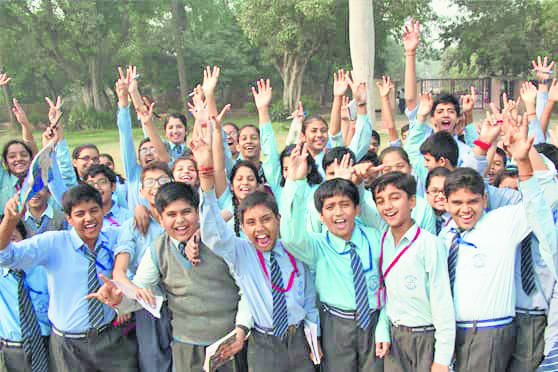The National Education Policy (NEP) 2020 has been a much-awaited and much-discussed topic in the Indian education system. The NEP 2020 is a significant document aiming to improve India’s education system. It outlines specific responsibilities for teachers and aims to bring revolutionary changes to education. The policy aims at shifting teachers’ traditional role from just being mere facilitators to a more holistic and multifaceted approach, emphasising their crucial role in shaping the nation’s future.
The NEP 2020 replaces the previous policy, which was formulated in 1986 and later modified in 1992. The need for an updated policy arose due to the changing dynamics of education and the need for a more comprehensive and holistic approach. It was developed considering global best practices, technological advancements, and India’s evolving socio-economic landscape. The policy emphasises the role of teachers in ensuring quality education for all, aiming to transform India into a knowledge-based society.
The NEP 2020 outlines responsibilities for teachers to create a future-ready, equitable, and inclusive education system. Key responsibilities include adopting learner-centric approaches, integrating values and ethics, promoting continuous professional development, and utilising innovative pedagogies. These responsibilities aim to ensure holistic student development and transform the education system, and they are expected to have a profound impact on the way education is delivered in India, leading to improved learning outcomes and a more well-rounded educational experience for students.
One of the first and most important roles of teachers under the NEP 2020 is to develop a student-centric approach to learning. The policy emphasises that each student has distinct abilities, interests, and learning styles. As a result, it requires teachers to understand and address the unique needs and skills of each student. This would not only improve learning outcomes but also foster an inclusive environment in which all learners feel valued and driven to study.
Another key obligation of teachers is to foster critical thinking and problem-solving skills in their students. The policy emphasises the need to raise a generation of inventive and creative thinkers capable of contributing to the country’s growth and development. Teachers must shift away from traditional rote learning and encourage pupils to think critically, ask questions, and solve real-world problems. This would make learning more enjoyable while also preparing students for future challenges.
The NEP 2020 also places a strong emphasis on the integration of technology in education. Teachers are expected to play a critical role in making this happen. To provide students with a technologically equipped learning environment, they must be tech-savvy and adaptable to the evolving technology world. Teachers must also employ technology to make classes more engaging, accessible, and personalised, so that no student falls behind.
The policy emphasises the importance of teachers in developing students’ social and emotional abilities. With the rise of mental health difficulties among youngsters, it is teachers’ job to provide a secure and supportive atmosphere for their students. They must incorporate activities that foster emotional intelligence, empathy, and mindfulness into their teaching. The NEP 2020 emphasises the importance of life skills education, and teachers must incorporate it into their curricula to provide students with the necessary skills for a fulfilling and successful life.
Furthermore, the new policy requires teachers to serve as role models and mentors for their students. Teachers must imbibe values of integrity, empathy, and responsibility and instill the same in their students. They must also foster a sense of civic responsibility among students and teach them to be responsible citizens of the country. Teachers must also encourage students to participate in community service and social initiatives, promoting a sense of social responsibility and giving back to society.
Nonetheless, the many responsibilities assigned to teachers under the NEP 2020 have elicited diverse responses. While continual professional development and creative pedagogies are viewed as steps towards enhancing educational quality, the adoption of ethical and value-based education is viewed as a means of producing responsible citizens. However, there have been worries about the viability and practicality of these responsibilities, which demand large resources and lack a clear roadmap.
As the NEP 2020 is implemented across India, it is critical to track progress and anticipate potential future developments regarding teachers’ obligations. Successful implementation is dependent on good coordination among policymakers, educational institutions, and teachers. The utilisation of technology and the adoption of best practices from around the world will also play an important role in defining India’s future educational system.
Without a doubt, India’s National Education Policy (NEP 2020) redefines teachers’ roles, aiming to transform them from knowledge disseminators to facilitators, mentors, and role models. It expects teachers to be enthusiastic, dedicated, and willing to adapt in order to give a modern and inclusive education. Even though NEP 2020’s objective looks to be highly idealistic, it is achievable with a combined effort by teachers, students, and the government. Certainly, despite challenges and concerns, there is optimism for transformative change in the education system. As NEP 2020 is implemented, it is crucial to continue dialogue, monitor progress, and adapt to the evolving needs of the education sector to ensure the successful realisation of teachers’ responsibilities in shaping India’s education future.
Kanwar Dinesh Singh is a well-known author and academic, currently an Associate Professor of English at Rajiv Gandhi Government College in Shimla.























